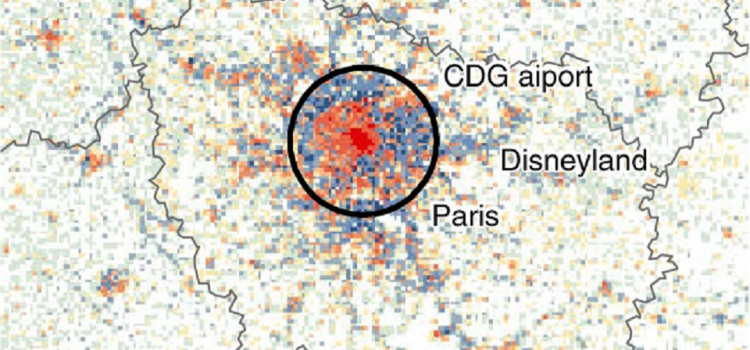Mobiliteit is een van de drie grote maatschappelijke vraagstukken van dit moment. In het college/webinar van Data Science Alkmaar gisteren, gaven drie sprekers aan hoe we met ruimtelijke data & machine learning technieken diverse verkeersaspecten steeds beter in beeld krijgen.
Europe’s population density patterns mapped in Nature Communications

Filipe Batista e Silva is a PhD candidate at SPINlab working for the European Union’s Joint Research Centre. Over the past years he worked on uncovering temporal changes in Europe’s population density patterns using a data fusion approach. He combines
Theory and Application of Dynamic Spatial Time Series Models
Today Bo Andrée defended his PhD dissertation in an online session that had a live stream on YouTube. The somewhat impersonal, digital setting did not inhibit a lively discussion. Bo’s thesis sets out to develop theory and methods to analyze
Famine Action Mechanism
PhD candidate Bo Andrée is working on an ambitious high profile project at the World Bank: the Famine Action Mechanism (FAM). This project seeks to monitor and detect early signs of famine risk and link forecasts to prearranged and agreed
Welke invloed heeft de omgeving op onze gezondheid?
Hoe beïnvloedt onze omgeving onze leefstijl en daarmee onze gezondheid? En wie is het meeste vatbaar voor deze invloed? Het Geoscience and hEalth Cohort COnsortium (GECCO) van Amsterdam UMC maakt het beantwoorden van deze en andere leefstijlvragen mogelijk. Het GECCO
Chris Jacobs-Crisioni contributes to Dutch TV-show about the invisible past
SPINlab PhD candidate Chris Jacobs-Crisioni recently contributed some of his research data to a Dutch TV-show, ‘Onzichtbaar Nederland’ (‘The invisible Netherlands’). That show takes the viewer through physical and societal changes in the country with often spectacular GIS visualizations. The
